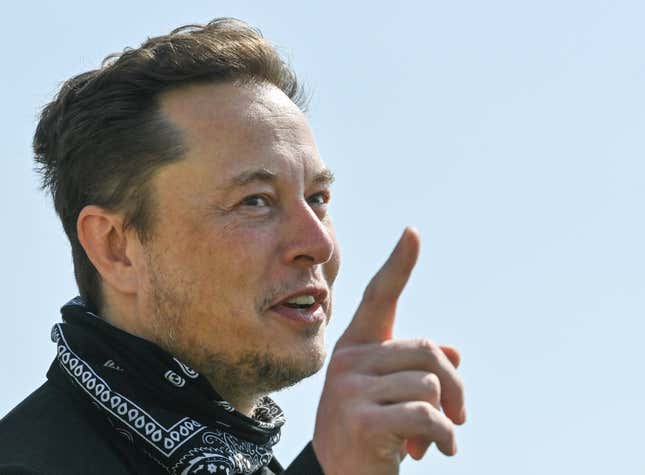
After years of Tesla Elon Musk bashing California, it seems that residents have had enough — and they’re ditching Tesla.
Registrations of Tesla’s electric vehicles in the Golden State fell 7.8% last quarter, according to data released Monday by the California New Car Dealers Association (CNCDA). That decline follows an even steeper 9.8% hit over the last three months of 2023, the association said. Tesla also lost 6.4% of the battery electric vehicle (BEV) market, losing ground to Mercedes-Benz and BMW.
Of the three top-selling passenger cars sold in California between January and March, the Tesla Model 3 dropped from first place to third. It was beaten out by the Toyota Camry and the Honda Civic, according to the CNCDA. The Model Y, Tesla’s best-selling vehicle, remained the No. 1 light truck sold in the state.
Toyota was the top brand in California last quarter, with a 9.3% increase in vehicle registrations, followed by Honda with an 18.6% jump in registrations. Tesla ranked third.
“Californians’ love affair with electric vehicle giant Tesla may have peaked,” the CNCDA said Monday, adding that traditional manufacturers are “stepping up to the plate” and offering new hybrid, BEV, and plug-in hybrid models. Dodge, for example, reported a 75.2% increase in new registrations last quarter, driven by the introduction of the Hornet plug-in hybrid SUV.
Losing sway in California could become a major issue for Tesla, which operates a troubled factory in Fremont. Tesla is also a significant lobbyist and participant in the state’s push to phase out gas-powered car sales. Plus, Musk leads X, formerly known as Twitter, from San Francisco, a city he frequently criticizes.
Much of the recent strife started when Musk, in May 2020, was forced to shut down the Fremont factory for failing to follow COVID-19 safety protocols. He later reopened it without permission, which led to several workers testing positive for the virus.
Soon after, Musk tweeted, “Frankly, this is the final straw. Tesla will now move its HQ and future programs to Texas/Nevada immediately.” The automaker is now based in Austin, Texas, where it operates a factory building Cybertrucks and Model Y SUVs.
Read more: Elon Musk won’t stop tweeting. Now Tesla might be paying the price
Musk has also become a highly controversial figure who courts right-wing conspiracy theories and endorses polarizing political views. That can be a major dealbreaker in a state where 47% of registered voters are Democrats and just 24% are Republicans.
“Basically Tesla can’t sell its cars due to Elon’s behavior,” Tesla investor Ross Gerber said earlier this month. “Only one person [is] responsible for this,” he added, referring to Tesla’s poor first-quarter deliveries report.
Battery electric cars sold by dealers surged 14% last quarter, while direct sellers’ saw a 3% decline in BEV sales, the CNCDA said. Registrations overall slightly increased, hitting 431,638 total new sales; it’s the sixth quarter in a row for sales growth.
More than a third of all zero-emission vehicles sold in the U.S. are sold in California. If California seceded from the U.S. and became its own country, it would be the fourth-largest seller of EVs worldwide, behind Germany, the U.S., and China.
The state has also poured billions of dollars into developing charging infrastructure to support a growing base of EV-owning residents. Gov. Gavin Newsom announced last week that there is now one EV charging station for every five gas stations in the state.